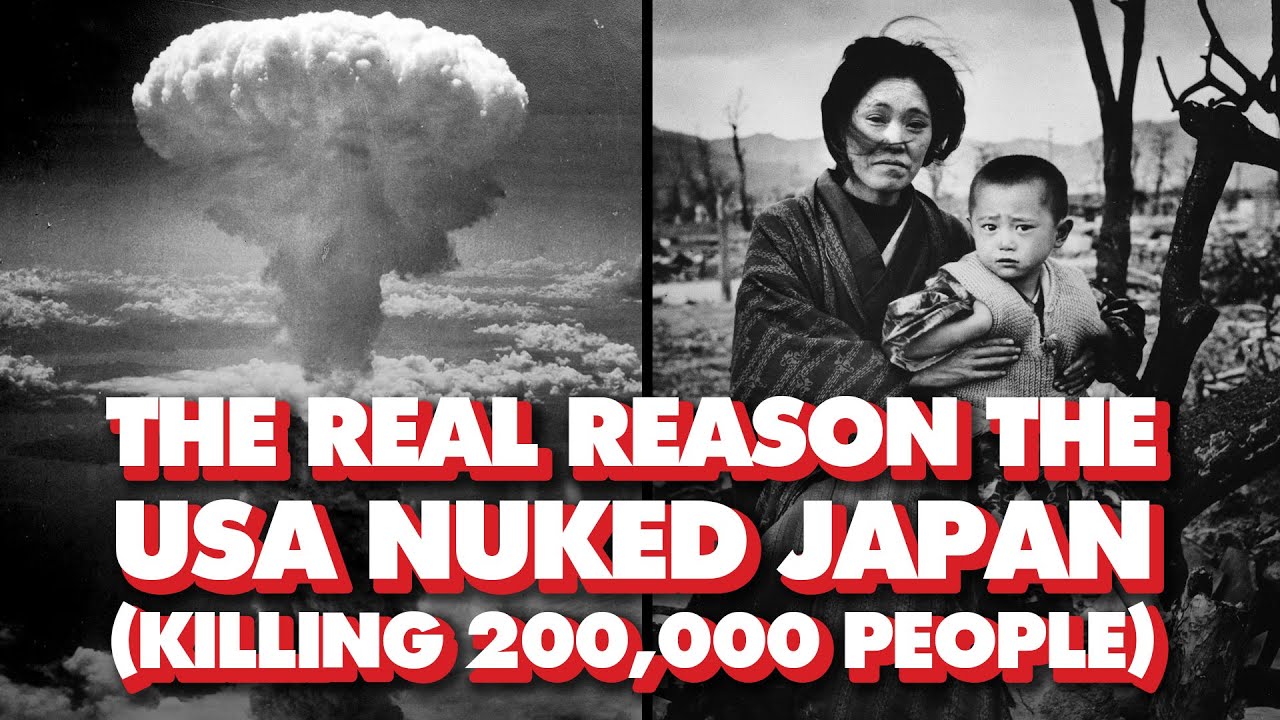‘US government documents admit that the atomic bombing of Hiroshima and Nagasaki was not necessary to end WWII. Japan was on the verge of surrendering. The nuclear attack was the first strike in Washington's Cold War on the Soviet Union. Ben Norton reviews the historical record.’



plz explain how these bombs killing civilians and enslaved people achieved anything for these groups you mention, it is very unclear how those are logically connected in your mind
Removed by mod
yes I know of these events
according to all historical sources available with credibility today, the bombs did not hasten the end of the war with Japan - this is what "militarily unnecessary, morally reprehensible, or both" means
even the wiki page says Unit 731 closed down in response to Soviet military successes, not the bombs
the bombs did not have an impact in the way you seem to think at all as historically understood today
the liberation of the peoples you speak of were due to the Soviets
https://en.wikipedia.org/wiki/Soviet%E2%80%93Japanese_War